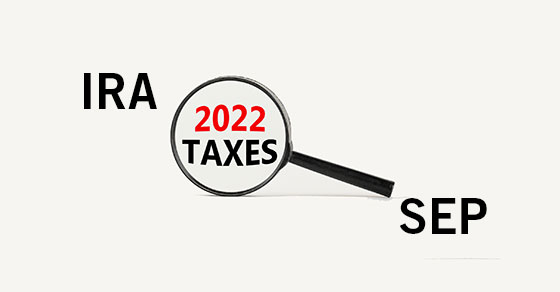
You may be able to make a deductible IRA contribution for last year this year
If you’re getting ready to file your 2024 tax return and your tax bill is higher than you’d like, there may still be a chance to lower it. If you’re eligible, you can make a deductible contribution to a traditional IRA until this year’s April 15 filing deadline and benefit from the tax savings on your 2024 return.









